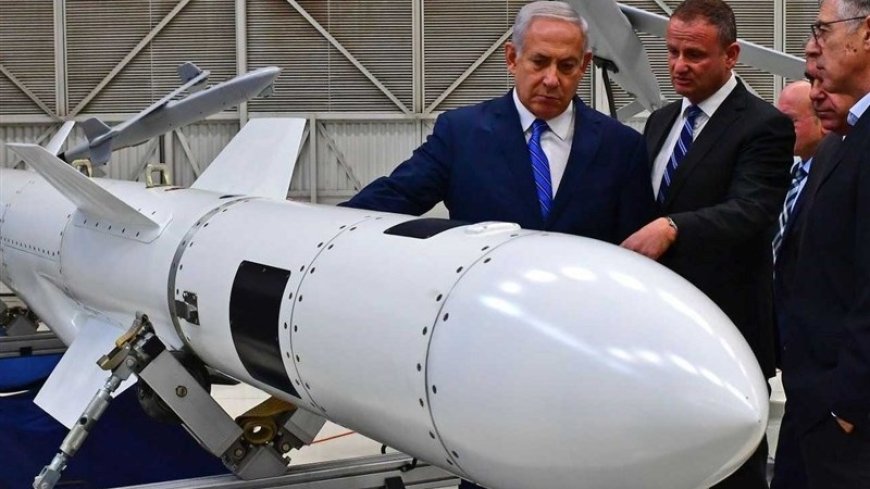ICAN Report: Israel Possesses 90 Nuclear Warheads Amid Rising Budget
The International Campaign to Abolish Nuclear Weapons (ICAN) has reported that Israel possesses at least 90 nuclear warheads, highlighting a significant aspect of the nation’s military capabilities. This estimate comes amid concerns over the transparency and expansion of Israel's nuclear arsenal.

According to ICAN, Israel's nuclear budget is increasing annually by 2.4%, amounting to approximately $1.1 billion. This growing investment in nuclear capabilities has raised alarms within the international community regarding regional security and stability.Alicia Sanders-Zakre, ICAN’s policy and research coordinator, emphasized the challenges in obtaining precise figures due to Israel's lack of transparency. "According to our rough estimates, Israel has 90 nuclear warheads, but an accurate number is difficult to obtain because there is no transparency in Israel," Sanders-Zakre stated.
Additionally, Sanders-Zakre expressed concern over Israel's recent threats to deploy nuclear weapons in the Gaza Strip, a move that could have catastrophic implications for the region.
The ICAN report also sheds light on global nuclear spending, noting that the United States allocated $51.5 billion last year to modernize its nuclear arsenal, surpassing the combined expenditure of all other nuclear powers. This substantial investment by the U.S. underscores the ongoing global arms race and the significant resources devoted to maintaining and enhancing nuclear arsenals.
Israel’s nuclear capability has long been a topic of speculation and concern. Although Israel has never officially confirmed its nuclear arsenal, it is widely believed to possess a substantial number of warheads. The country’s policy of nuclear ambiguity, neither confirming nor denying its capabilities, has been a strategic choice to deter potential threats while avoiding the political fallout of a declared nuclear state.
The revelation of Israel's increasing nuclear budget and the estimated number of warheads comes at a time of heightened tensions in the Middle East. The potential for nuclear escalation adds a dangerous dimension to the ongoing conflicts in the region, particularly with adversaries such as Iran, Hezbollah, and various Palestinian factions.
International efforts to address nuclear proliferation continue to face significant challenges. ICAN, which won the Nobel Peace Prize in 2017 for its work on the Treaty on the Prohibition of Nuclear Weapons, advocates for complete nuclear disarmament. However, the geopolitical landscape and the strategic interests of nuclear-armed states make progress towards this goal difficult.
The report calls for greater transparency and international oversight of Israel’s nuclear program to ensure regional stability and prevent the potential use of nuclear weapons. It also urges the international community to engage in diplomatic efforts to reduce nuclear arsenals globally.
In summary, the ICAN report provides a crucial update on Israel's nuclear capabilities and budget, raising important questions about regional security and the broader implications of nuclear proliferation. The international community must grapple with these challenges to promote peace and stability in an increasingly complex and dangerous world.













































